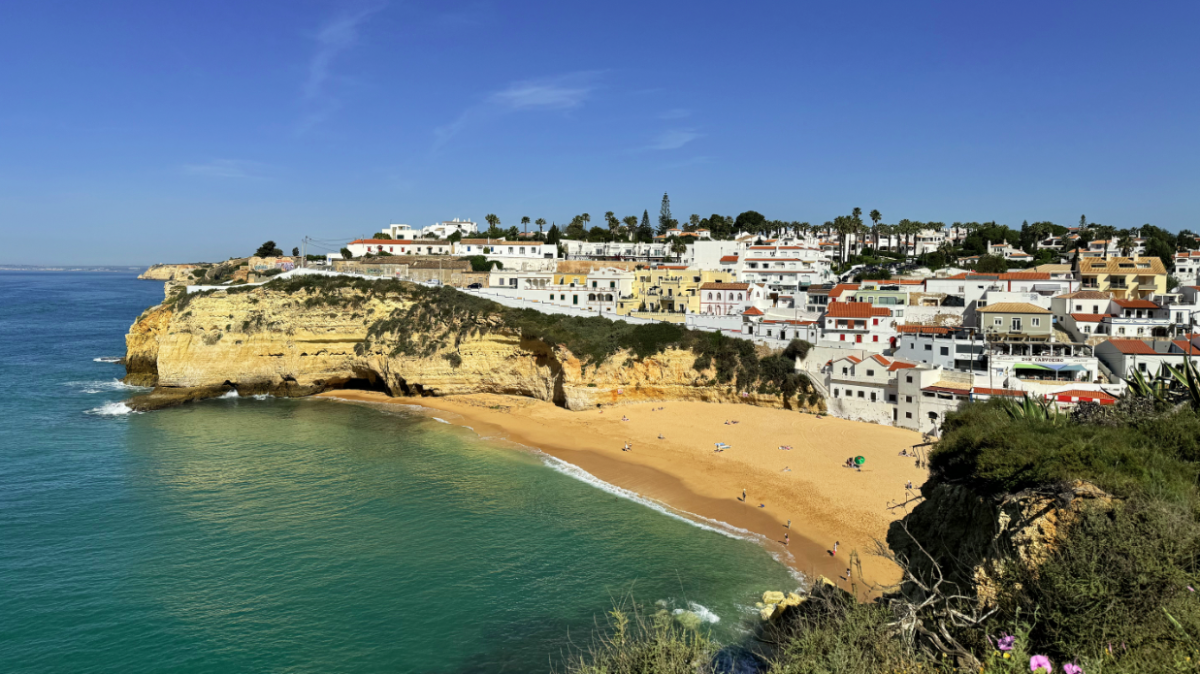At issue, according to the parliamentarians, is the so-called Pinel Hybrid Project, with a photovoltaic and wind component, which, if implemented, will be located in the Alentejo municipalities of Vidigueira, in the district of Beja, and Portel, in the district of Évora.
The Scope Definition Proposal (PDA) for this investment was open for public consultation until the 4th of this month on the Participa portal of the Portuguese Environment Agency (APA) and is now under review.
The PDA is a preliminary phase to the Environmental Impact Assessment (EIA), which, already detailing the changes to the project, will be submitted at a later stage.
In their question, the representatives allude to a news story published on the website of the weekly newspaper Expresso on August 20th, which states that the project is being developed by Chint Solar, which promotes solar energy projects in several European markets and is owned by the Chinese group Chint.
Public opposition
"This project has been the target of public opposition from citizens concerned about the destruction of the region's natural and scenic heritage, given the potential destruction of hundreds of hectares of agricultural land, ecosystems, and biodiversity," the undersigned representatives emphasize.
Chega's deputies consider that the project's scale "raises central questions" about national energy sovereignty, alluding to the supposed "reduced independence of Chinese companies from the Chinese Communist Party and Beijing's political and bureaucratic apparatus."
"Even when listed on the stock exchange, such companies are subject to strong mechanisms of political influence and control, raising serious doubts about their strategic autonomy and the true protection of national interests in the use of Brazilian territory," they emphasize.
With this question, Chega's parliamentary group wants to know whether the project is compatible with nature conservation, whether local communities will be compensated, and whether ministers are aware of the Beijing government's level of interference in Chinese companies.
"What national safeguard measures are being implemented to ensure that the exploration of Portuguese territory does not become a vulnerability that subordinates the country to external interests disproportionately favorable to the People's Republic of China?" is another question posed.
According to the PDA proposal, consulted by Lusa on the Participa portal, the project consists of a photovoltaic solar plant, which includes a battery storage system, and a wind farm, consisting of two wind turbines.
The properties where it is planned cover an area of approximately 1,350 hectares, of which 594.84 hectares correspond to the solar plant.
The energy produced will be fed into the public electricity grid, according to the document, which estimates the project will have an average annual energy production of 671 gigawatt-hours per year (GWh/year).













